Avula’s first Richmond budget includes $9.6M more for schools and higher utility bills, but no tax increases
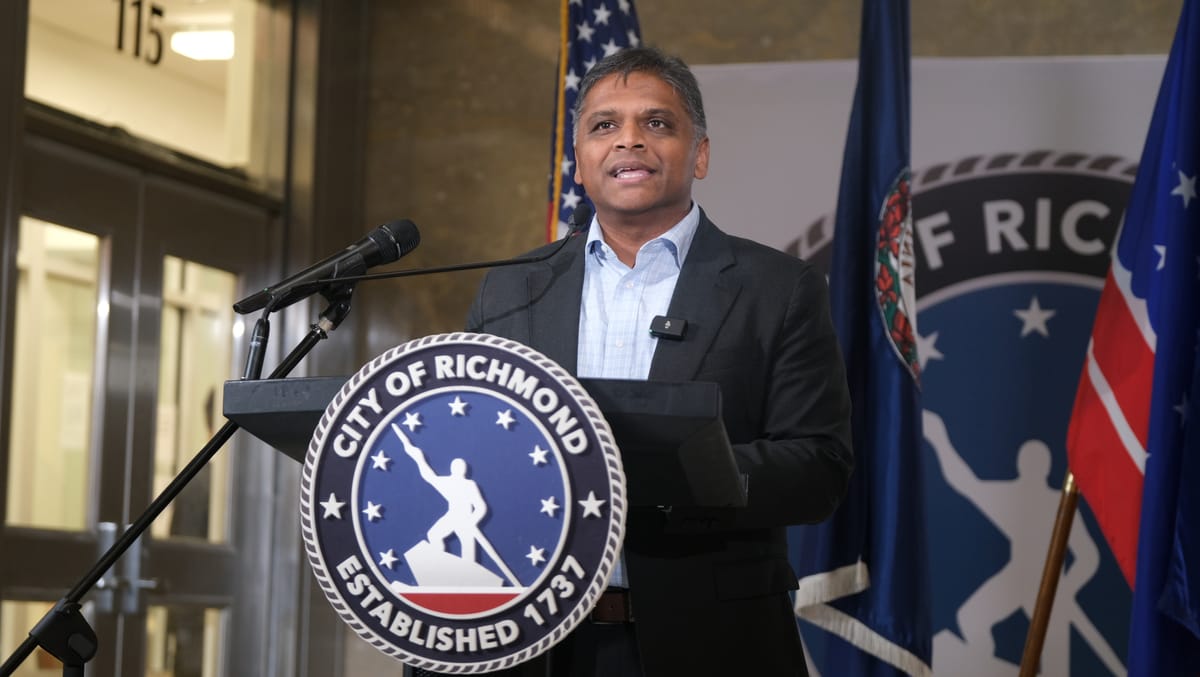
Richmond Mayor Danny Avula’s first budget proposal includes $9.6 million in new funding for public schools, a variety of investments and spending reductions in City Hall and salary increases for city employees.
Avula stressed that the budget he presented to the City Council Thursday doesn’t raise taxes, but it does include previously planned utility rate increases that will increase the average bill by almost $13 per month.
Officials said the budget includes an extra $18.6 million for city staff, increases salaries by at least 3.25% for eligible employees and retains City Hall’s minimum wage of $20 per hour. For firefighters and police officers, the mayor’s plan calls for average salary increases of 10.3%.
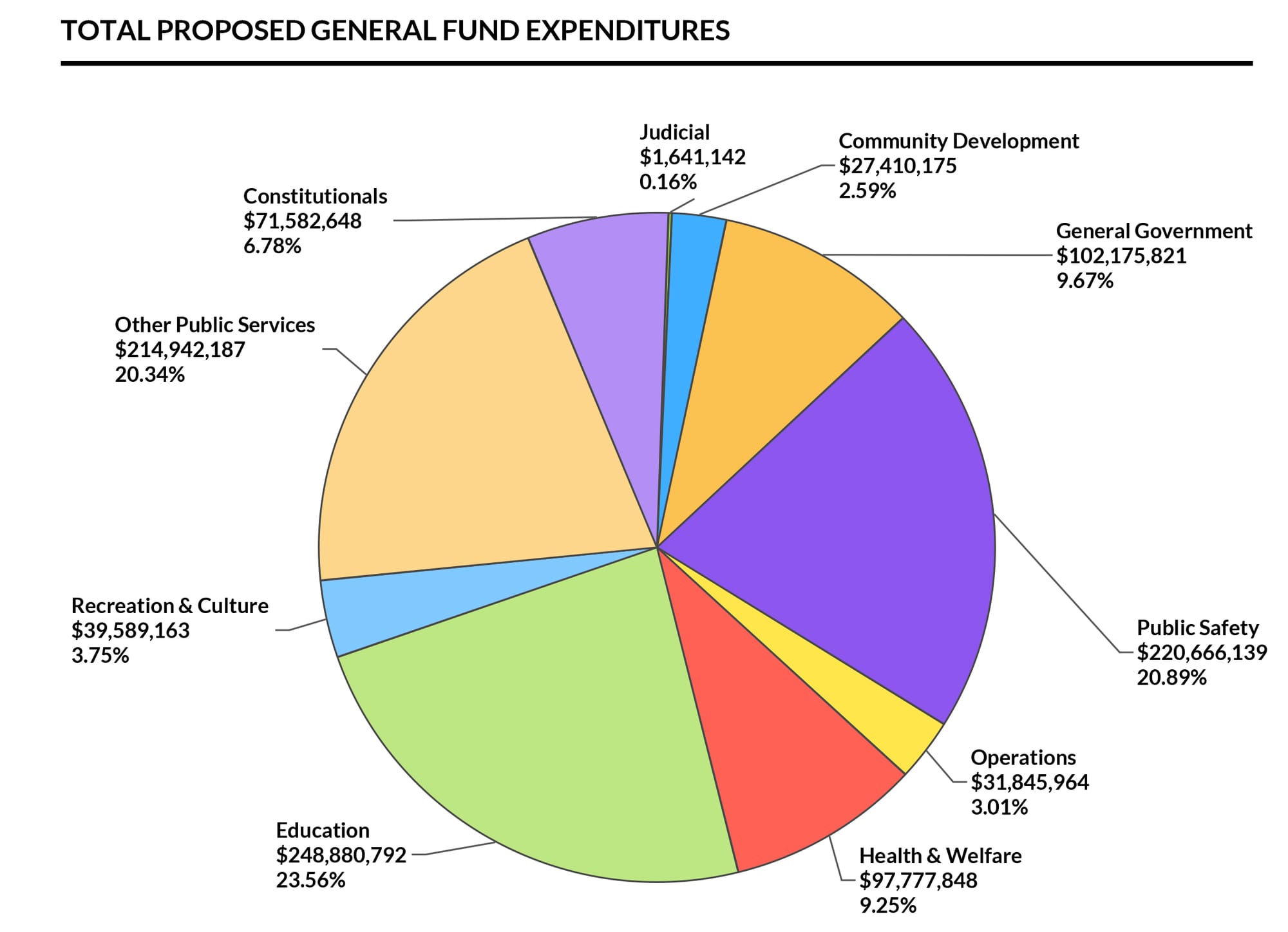
In a speech to the City Council, Avula said his budget attempts to “find creative ways to operate within our means,” while prioritizing “education, public safety, affordable housing, and continuing to build City Hall into a high-performing organization.”
“This balanced budget accomplishes that task without raising property taxes, while also addressing the outsized needs of our city,” Avula said.
The total general fund budget proposed for fiscal year 2026 stands at about $1.056 billion, an increase of almost $55 million from the current budget. That represents 5.5% year-over-year growth in the budget that covers the city’s regular operating expenses.
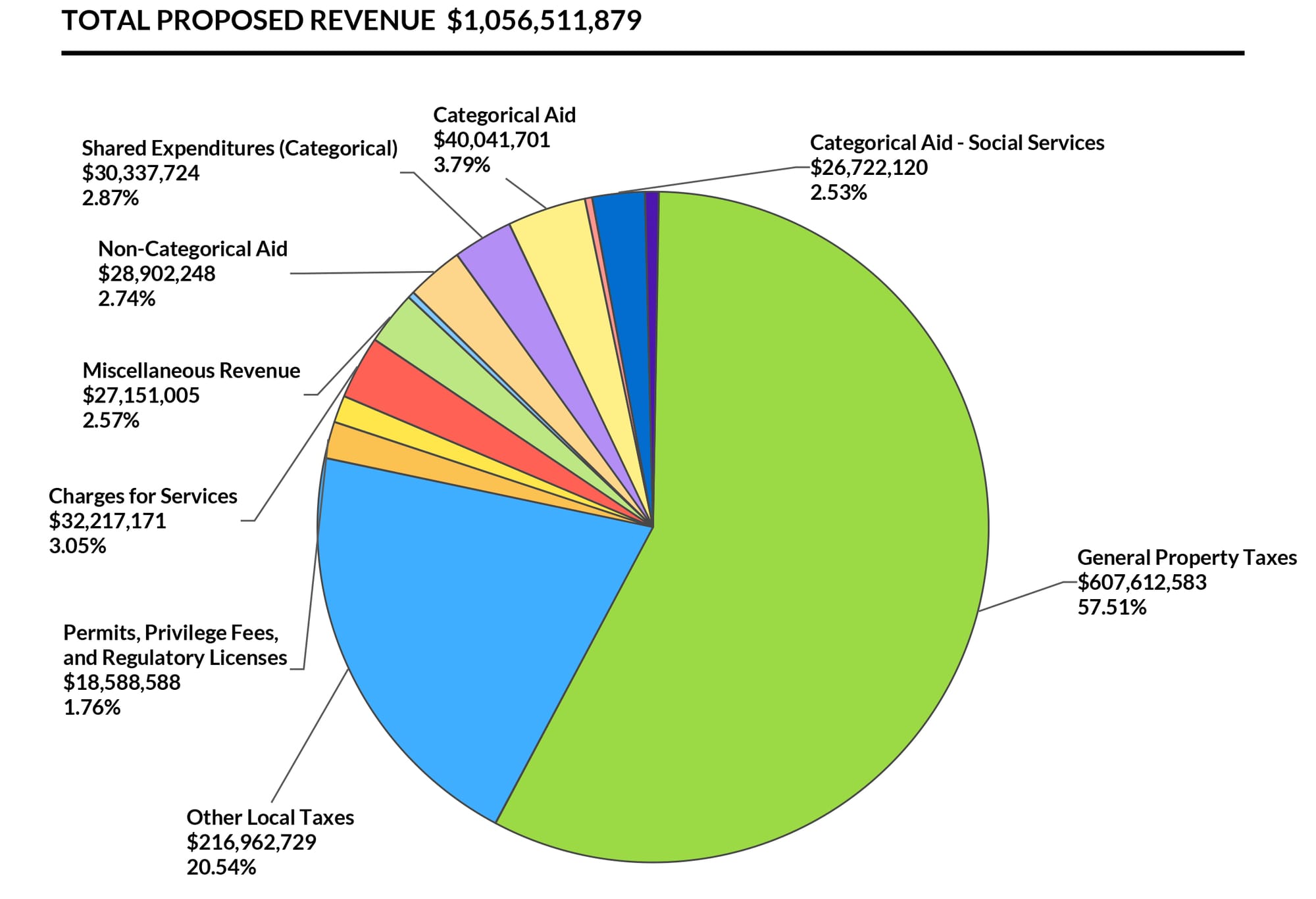
Even though real estate tax bills have continued to rise — growing City Hall’s biggest sources of funding — the spike in property assessments apparently hasn’t been enough to keep up with the city’s spending needs in a time of inflation and rising costs.
“Those same pressures apply to goods and services that we are acquiring as a city,” Avula said. “In other words, rising costs affect households and governments alike.”
Avula has characterized city finances as tight this year, saying he and his team had to close a $50 million gap between revenues and expenditures to prepare the balanced budget plan he presented Thursday.
City officials often stress they face unique financial challenges due to a high amount of tax-exempt property in Richmond owned by the state government and Virginia Commonwealth University. Still, critics often accuse City Hall of not being particularly efficient with the money it gets.
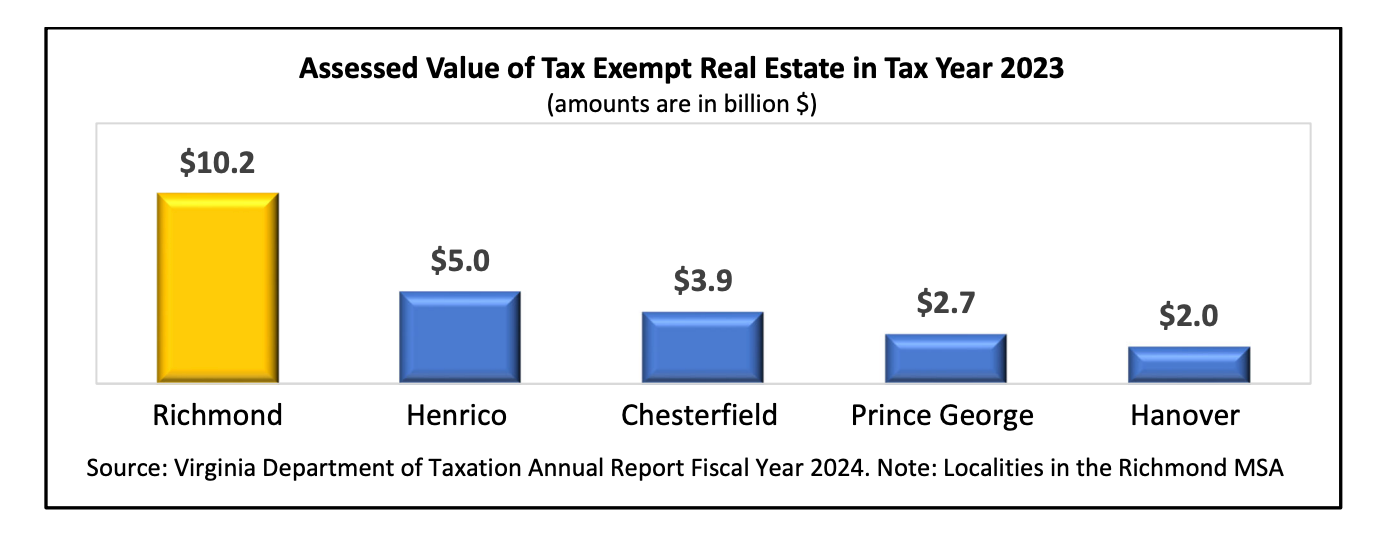
The budget plan represents some of the most significant policy choices Avula — a doctor and former public health official serving in elected office for the first time — has made since taking office as mayor at the start of the year.
It includes some proposals that reflect Avula’s new direction for City Hall, such as the creation of a “transformation manager” position within the Department of Budget and Strategic Planning. The person who fills that position would work to set clear performance metrics to measure “the city’s operational effectiveness and long-term impact.”
“This investment continues the commitment to accountability, continuous improvement and results-oriented governance,” the budget proposal says.
The proposal also continues the city’s efforts to create more affordable housing, with a total of $49.2 million across a variety of housing-related initiatives.
After hearing Avula’s presentation, several City Council members said they would dig into the details and have more to say later.
“Richmonders deserve a functioning city government,” said Councilor Kenya Gibson (3rd District), who is going through her first budget cycle after being elected last year. “I believe that task begins with our budget, so I couldn’t wait to get my hands on this binder.”
Though the budget process is just beginning, there were already some signals Thursday of potential tension that might lie ahead.
After Avula’s speech, a woman in the council chamber started yelling about cuts to “positive youth development” and encouraging people to protest, apparently referencing planned reductions in the amount of city funding that goes to local nonprofits.
School officials also released a sharply worded statement saying the amount they received wasn’t enough.
School funding
The $9.6 million in additional funding for city schools is significantly less than $43.7 million Richmond Public Schools Superintendent Jason Kamras requested in his initial school budget proposal earlier this year. It’s less than a third of the reduced $30.8 million in new operating money requested by the School Board after lowering the initial number.
Avula said that the city’s investment in RPS has gone up significantly over the last decade, rising about 64 percent since fiscal year 2017.
In a joint statement, the Richmond School Board and Superintendent Jason Kamras said they are “truly grateful” for the city’s support for the division, but it “falls short of what our children need.”
“It jeopardizes the progress we’ve made, and our children’s future,” the statement said.
Board Chair Shavonda Fernandez echoed the statement, expressing gratitude for the increase, but said the division needs more.
“We stand firm in our request that we absolutely positively needed more,” she told The Richmonder. “So while we are grateful, we’ll continue to advocate, work with the mayor and City Council to see what we can do in collaboration to ensure that our students are not left behind.”
When asked if certain items on the school’s budget might have to be considered for potential cuts, Fernandez said “we’ll have to go back to see.”
“I think that’s the unfortunate part of this scenario,” she said. “There’s so many needs, there’s so many priorities.”
Those needs and priorities include deteriorating infrastructure, outdated school systems, investment into teachers and mental health services for students, but “it all costs money.”
“We’re going to have to get creative and start to think of ways that we can continue to advocate not just at a state level, but at a federal level as well.”
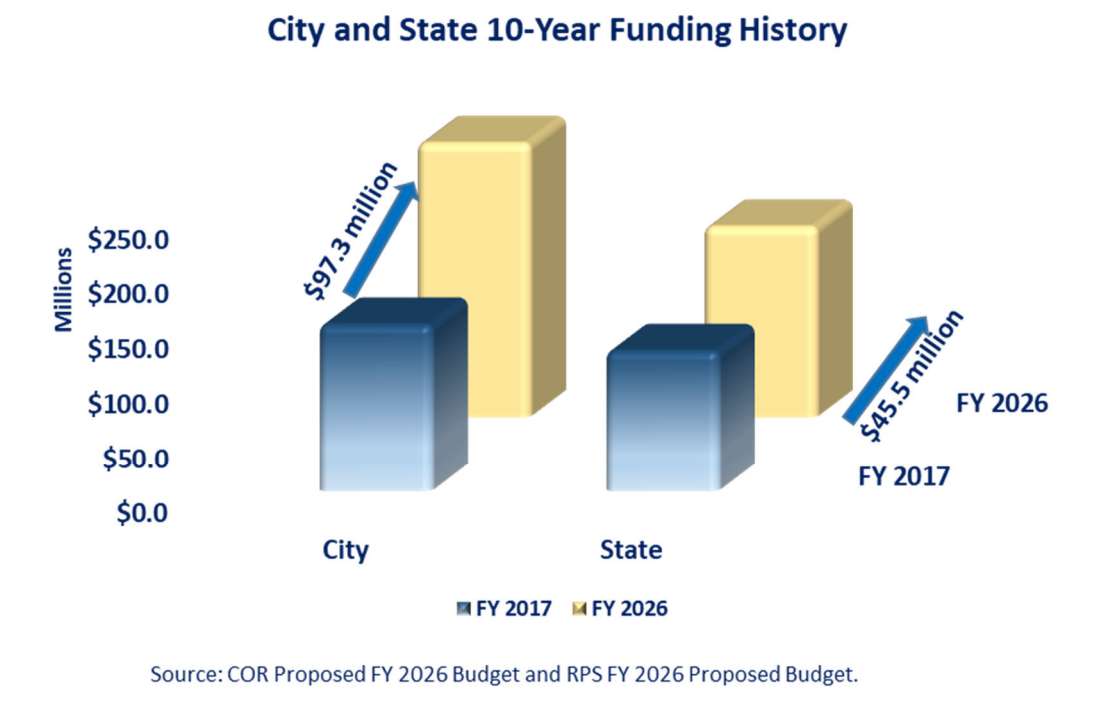
The board had already anticipated having to make cuts, as Avula had previously indicated that large funding increases would be unlikely during this year’s budget cycle for any department.
Nearly a quarter of the city’s general fund budget goes to funding RPS, Avula said.
Cuts elsewhere
Avula said he identified about $10.6 million in budget reductions, some of it coming from reducing money going to the Richmond Police Department for positions it has been unable to fill. The budget still includes funding for RPD to hire an additional 60 sworn police officers over current levels, and officials said the $4.3 million funding reduction reflects a more realistic amount based on nationwide challenges in recruiting new police officers.
“While we are adjusting the department's budget to accurately reflect the realistic number of positions they can fill, we are also committing to work with the chief now and in the future to adjust his position strength as the need arises,” Avula said in his prepared budget remarks.
Police Chief Rick Edwards, who stood in the back of the council chamber for the budget presentation, didn’t seem particularly alarmed by the change.
“We’re going to make it work,” he said.
The mayor’s budget plan also cuts the amount of money the city had been giving to local nonprofits through its non-departmental grants program, which was the subject of a recent audit that found the city had sloppy processes for awarding and overseeing the money given to charitable groups. After more than $13 million was given out to local charities in the current budget year, Avula is proposing around $9 million for the budget year that begins July 1.
That means some nonprofit groups that had grown reliant on city money won’t get the same amount of funding this year.
The woman yelling in the chamber was Traymanesha Lamy, the CEO of NextUp RVA, which had its funding reduced by $500,000 in the budget. The group provides after-school programming, and Lamy said they would need to scale back their programming without the money. Some nonprofits, which the city now refers to as “outside agencies,” saw reductions in funding, while others had funding taken away entirely.
The budget notes that the recent audit “raised concerns about the effectiveness and oversight” of the process.
“As such, the current approach has created the misconception that the city functions as a philanthropic institution, rather than a government stewarding public funds,” the mayor’s budget summary says.
Utility rates
To help cover the costs of the city infrastructure, rates for gas, stormwater, wastewater and water are set to increase slightly in the upcoming budget.
For the average monthly residential bill, gas charges will go up about $4.88, stormwater charges will increase by $1.04, wastewater charges will rise by $4.55 and water charges will grow by $2.36. Together, those increases will translate to about $12.83 more on the average monthly bill.
Avula described the increases as “modest” and said they were planned before January’s water crisis.
“I understand that any increase affects household budgets, but these adjustments will help ensure that when you turn on your tap or you cut on your tap, the service is there and it’s working properly,” the mayor said.
The budget proposal calls for $162 million in capital funding for water projects over the next five years, including $100 million for “key upgrades” to the city’s water treatment plant and pumping stations.
Other capital projects
The budget includes new funding commitments for several high-profile city capital projects, such as:
- $11 million for the Fall Line Trail that, when completed, will run 43 miles from Ashland to Petersburg.
- $10.1 million to continue the development of The Shockoe Project to better tell the history of the slave trade in Shockoe Bottom.
- $6 million for the planned overhaul of Brown’s Island
- $16 million for the redevelopment of Mayo Island to expand the James River Park System
- $21 million for street improvements meant to enhance public safety
Wrapping up his first budget speech, Avula said that despite the city’s challenges and uncertainty emanating from the federal level, City Council members, employees and city residents can all be “optimistic” about the future.
“I know that each of you are dedicated to this place that you all — and that I — love deeply,” he said.
Note: This article has been updated to include the name of the CEO of NextUp and her statement.






